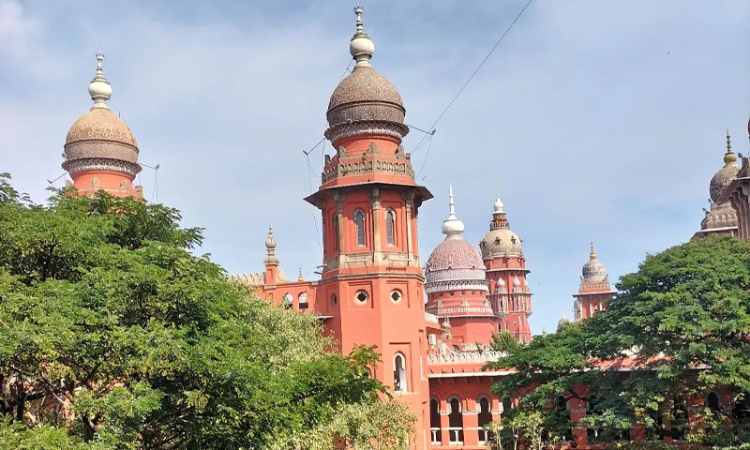Temple Funds Shall Not Be Appropriated For Construction Of Senior Citizen Homes: TN Govt Assures Madras High Court
Upasana Sajeev
14 May 2022 9:38 AM IST

Next Story
14 May 2022 9:38 AM IST
In a plea seeking to quash an order issued by the Tamil Nadu government for constructing Senior Citizen Homes in Chennai, Pazhani, and Tirunelveli using excess temple funds, the Madras High Court has been assured that the scheme will not be implemented for six weeks.Advocate General R Shunmugasundaram submitted, "no appropriation from any source pursuant to the impugned G.O. will be made for...
